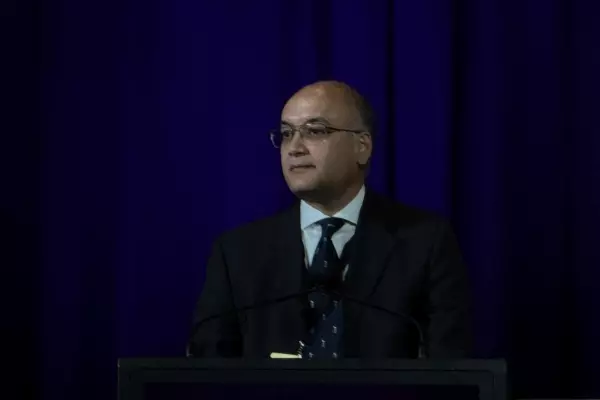There's a wealth of groups representing GPs in New Zealand but there has always been a gap in the GP representation field – general practice owners. They're an important group because they're the main providers of primary care to New Zealanders.
About 69% of all GPs work in the around 1,000 or so private GP-owned practices in NZ. Another 11% work in corporate-owned practices and 14% in not-for-profit non-government organisations.
Now there's a new ‘horse in the paddock’ that's making a strategic difference. It has started a new campaign that will have the health minister’s and government’s knees knocking.
New group makes waves
Formed in 2020, the General Practice Owners Association of Aotearoa NZ (commonly known as GenPro) started by making a few ripples, but is now really making waves.
GenPro’s focus is on making sure practices' population health services are supported and that their businesses are sustainable. Its membership isn't confined to GP-owned practices. It also includes those in the corporate and not-for-profit sectors.
It has now launched a masterstroke – a campaign to highlight what it fairly calls the soul-destroying working conditions general practitioners face every day.
It wants better access to healthcare and is urgently addressing pay parity for nurses and doctors, workforce shortages and improved funding.
Nine-point plan
Now it has published a 16-page nine-point plan called 'On the Brink: Saving New Zealand’s family doctor service’.
On the Brink brings together several long-standing GP concerns in one succinct document.
The issues are not new but their effects on the profession and their patients are escalating. The significance of the report is bringing them together in a nationally coordinated campaign.
With the government on the political rocks over its leadership of the health system, the timing of GenPro’s campaign couldn't be better.
Labour has focused on restructuring through centralisation but this has meant that the pressures on the health system, especially the severe workforce shortages it inherited in October 2017, have increased.
The destabilisation and distraction arising out of this neglect has allowed this inherited workforce crisis to worsen.
It's morphing into workplace carnage for many health professionals, in both community and hospital care.
Even though the new structures came into being on July 1, due to poor design and preparation they're still trying to work things out.
In other words, they haven't been able to hit the ground running, leaving the destabilisation and distraction to continue and the pressures on health professionals to worsen.
The net and unsurprising outcome is that the government's failure of leadership has turned health into an Achilles heel for Labour’s re-election prospects next year to a much greater extent than health was for National in 2017. This failure has meant that overwhelmingly between now and the next election, health stories in the media will be negative. That is, electorally harmful.
But this won’t be because of any anti-Labour bias by the media, as some are likely to allege. It'll be due to good health journalists doing their job reporting on the everyday real and heart-wrenching experiences of patients, their families and doctors and nurses at the frontline.
This politically self-inflicted chaos will create a receptive audience for GenPro’s campaign.
Given the high level of public respect for GPs, this well-thought-out campaign will dog the government for as long as it goes on.
It'll be reinforced by health minister Andrew Little’s rigid mindset, which led him to reject the advice of both GenPro and the nurses’ union (NZ Nurses Organisation) about the nursing pay parity gap between nurses employed in general practice and those in public hospitals.
Where is the trust?
Who does the public trust overwhelmingly – a government that through neglect destabilises and distracts the health system, or GPs who do their best to treat the consequential casualties? Is there a bigger no-brainer than this question? I don’t think so.
GenPro is a health sector employers' organisation. I was a health union leader for more than 30 years. It is somewhat counterintuitive for me to commend an employers’ campaign. But I know an effective campaign when I see one.
It not only aligns with the needs of general practice owners – equally so it aligns with the needs of the wider health system.
General practice may be on the brink, but increasingly it is the government that is on the ropes.
This column has been edited to correct the name of the Nurses' Organisation.














